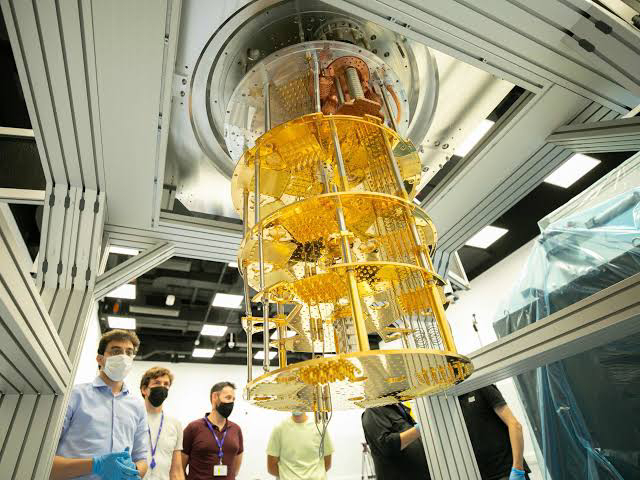How Quantum Computing Will Change the World
In the annals of technological advancement, quantum computing stands as a harbinger of a revolution yet to be fully realized. Its potential to reshape our world is nothing short of awe-inspiring. Traditional computers, based on classical bits, are reaching their limits in terms of processing power and efficiency. Quantum computing, on the other hand, harnesses the strange and intricate properties of quantum mechanics to perform computations that were previously inconceivable. This article delves into the ways in which quantum computing will transform the world as we know it.
Unprecedented Computing Power:
One of the most captivating aspects of quantum computing is its ability to process information at speeds that defy the imagination. Classical computers use bits, which can be either 0 or 1, as the fundamental unit of information. Quantum computers employ quantum bits or qubits, which can exist in multiple states simultaneously due to a phenomenon called superposition. This property allows quantum computers to explore vast solution spaces and solve complex problems exponentially faster. Applications span from simulating quantum systems for drug discovery to optimizing logistics and cryptography.
Advancements in Material Science:
Quantum computing holds immense promise for the field of material science. Researchers can use quantum computers to simulate the behavior of molecules and materials at the quantum level. This will facilitate the discovery of new materials with extraordinary properties, revolutionizing industries like electronics, energy storage, and aerospace. Quantum computing may pave the way for room-temperature superconductors, highly efficient solar cells, and stronger and lighter materials for construction.
Encryption and Cybersecurity:
While quantum computing offers unparalleled computational power, it also poses a significant threat to classical encryption methods. Quantum computers can easily break widely-used encryption algorithms, which rely on the difficulty of factoring large numbers. To counter this, quantum-resistant encryption algorithms are being developed, which will ensure the security of our digital communications in the quantum era. This ongoing cat-and-mouse game in the world of cryptography is reshaping the landscape of cybersecurity.
Drug Discovery and Healthcare:
Quantum computing has the potential to revolutionize drug discovery and healthcare. Simulating the behavior of complex molecules with quantum computers allows researchers to design new drugs and therapies more efficiently. Personalized medicine, tailored to an individual's genetic makeup and health history, could become a reality. Moreover, the optimization of supply chains and logistics through quantum computing could enhance the delivery of medical supplies and care.
Climate Modeling and Environmental Impact:
Addressing global challenges like climate change necessitates a profound understanding of complex environmental systems. Quantum computers can model and simulate these systems with remarkable accuracy. This capability will enable scientists and policymakers to make data-driven decisions about mitigating climate change, managing resources, and preserving ecosystems. Quantum computing can also facilitate the development of new materials for sustainable energy solutions.







0 Comments